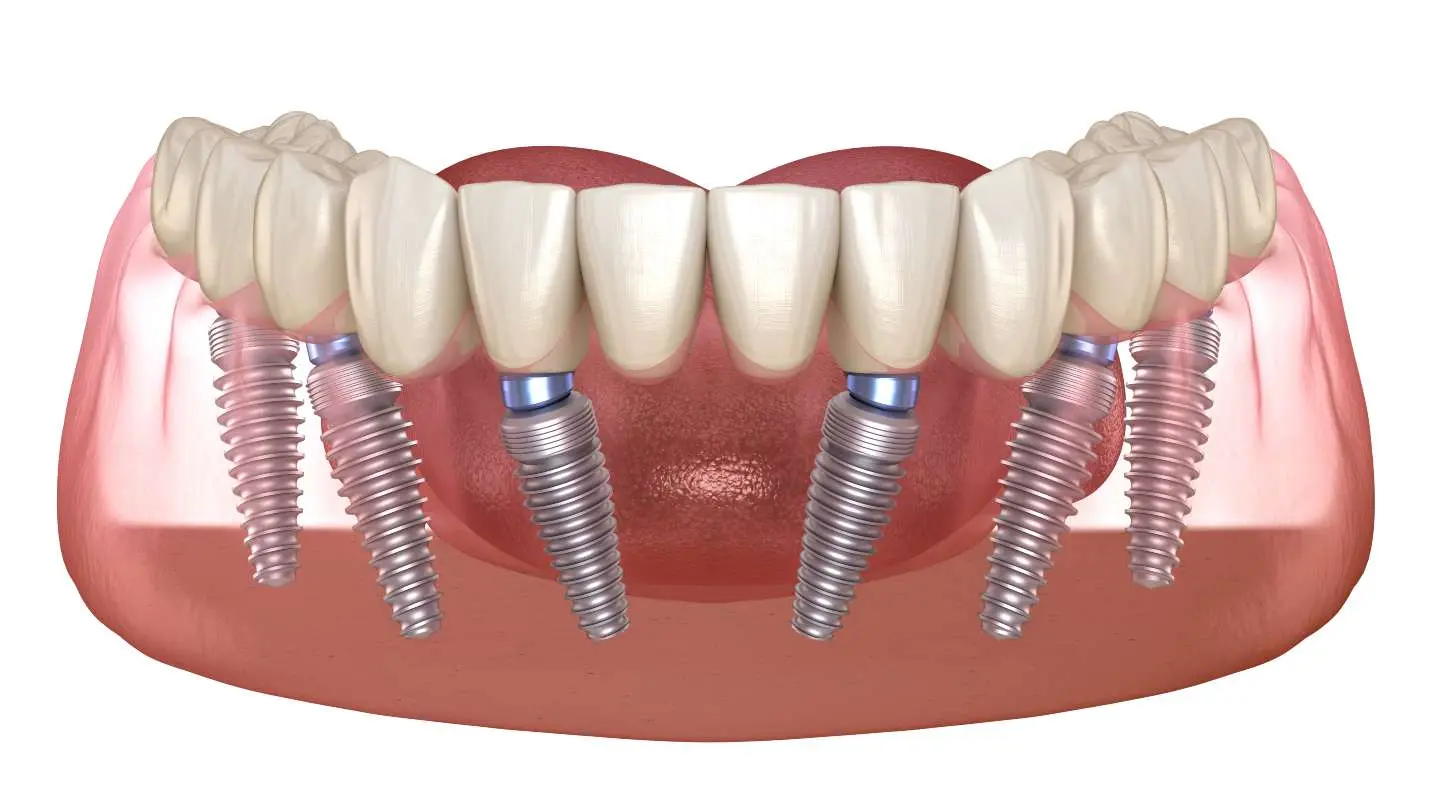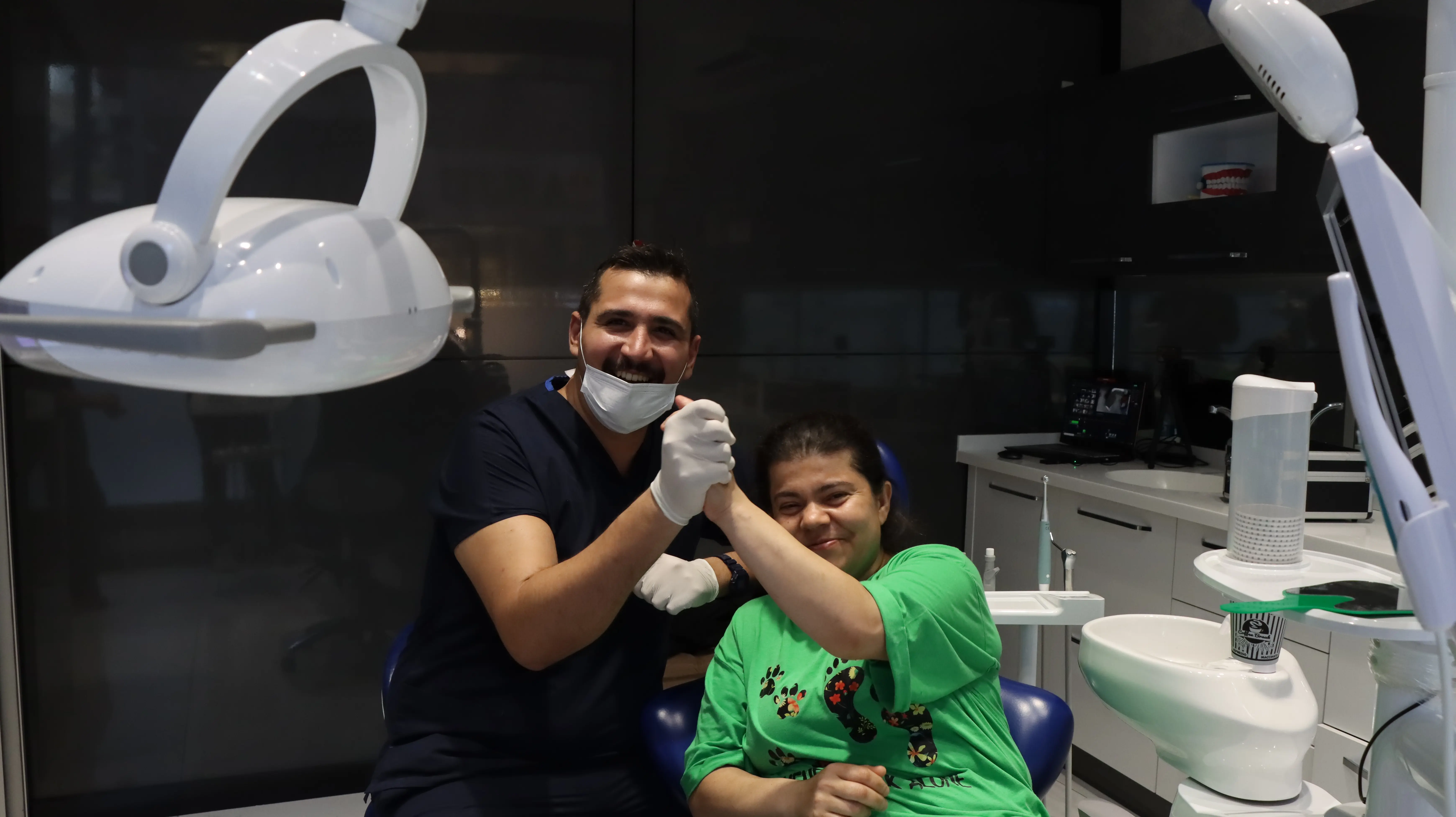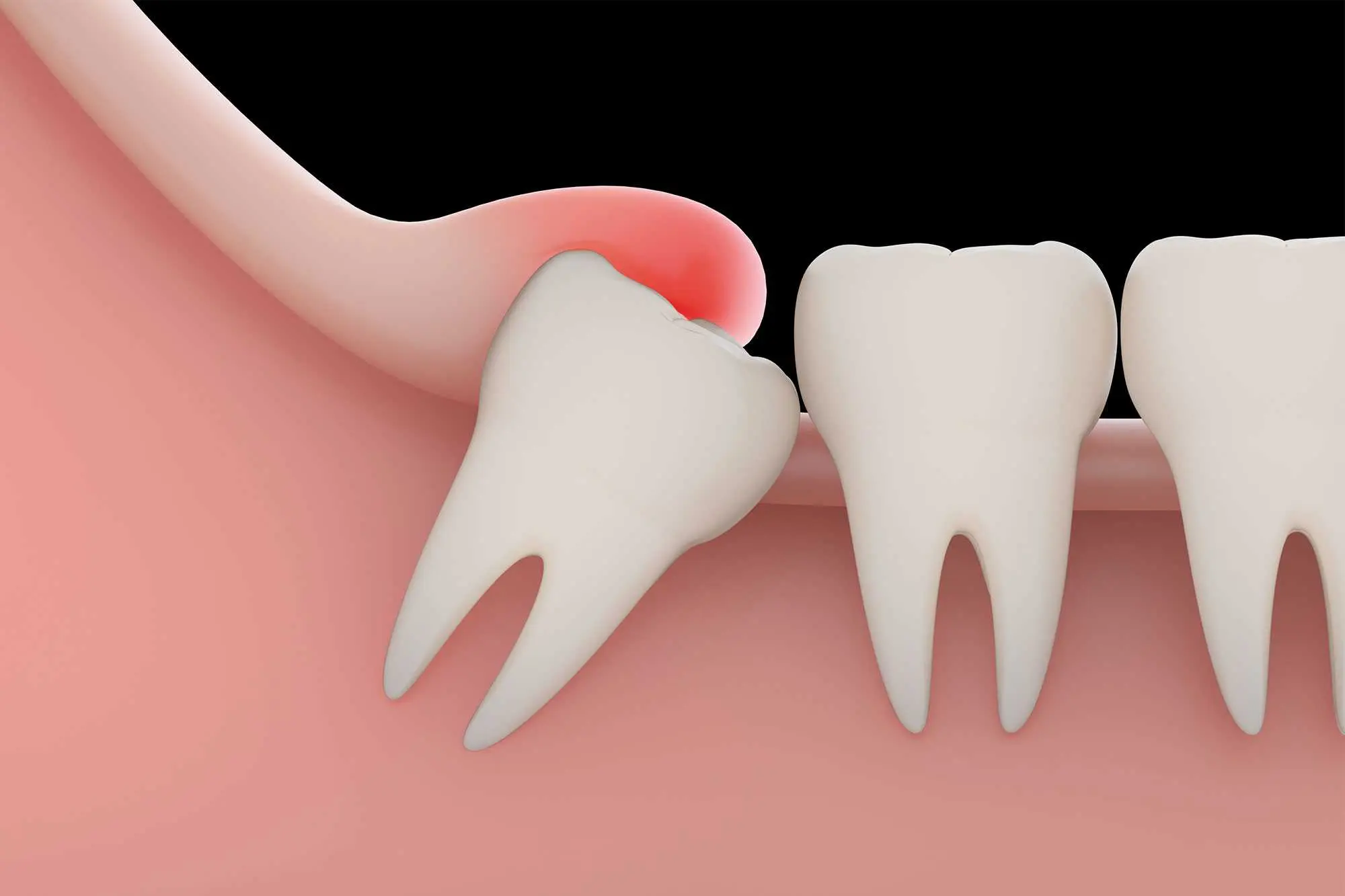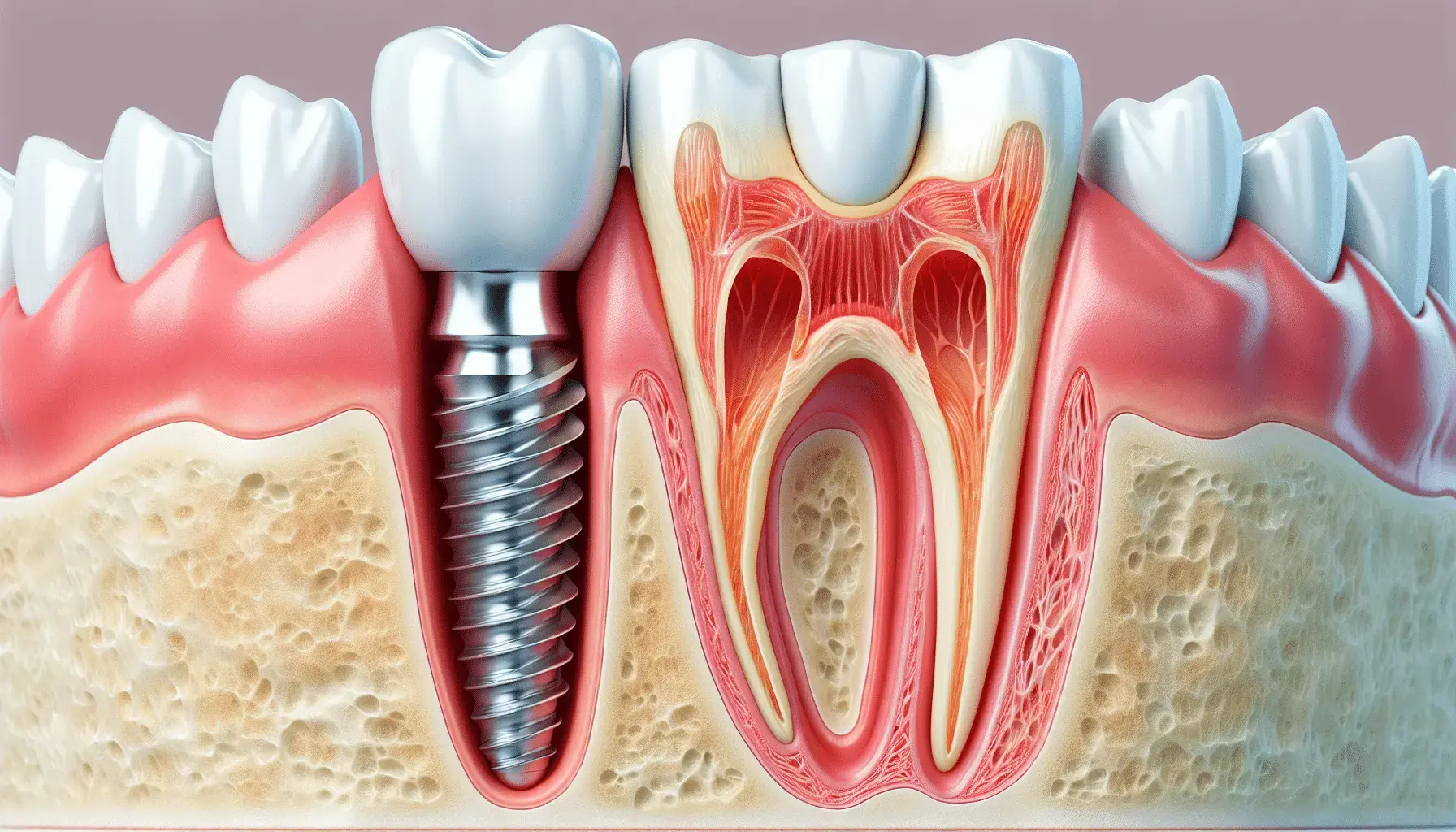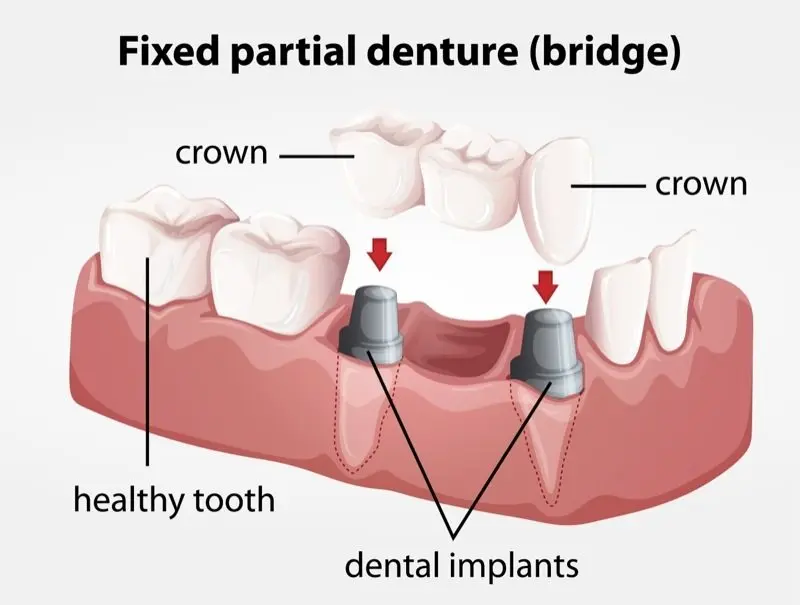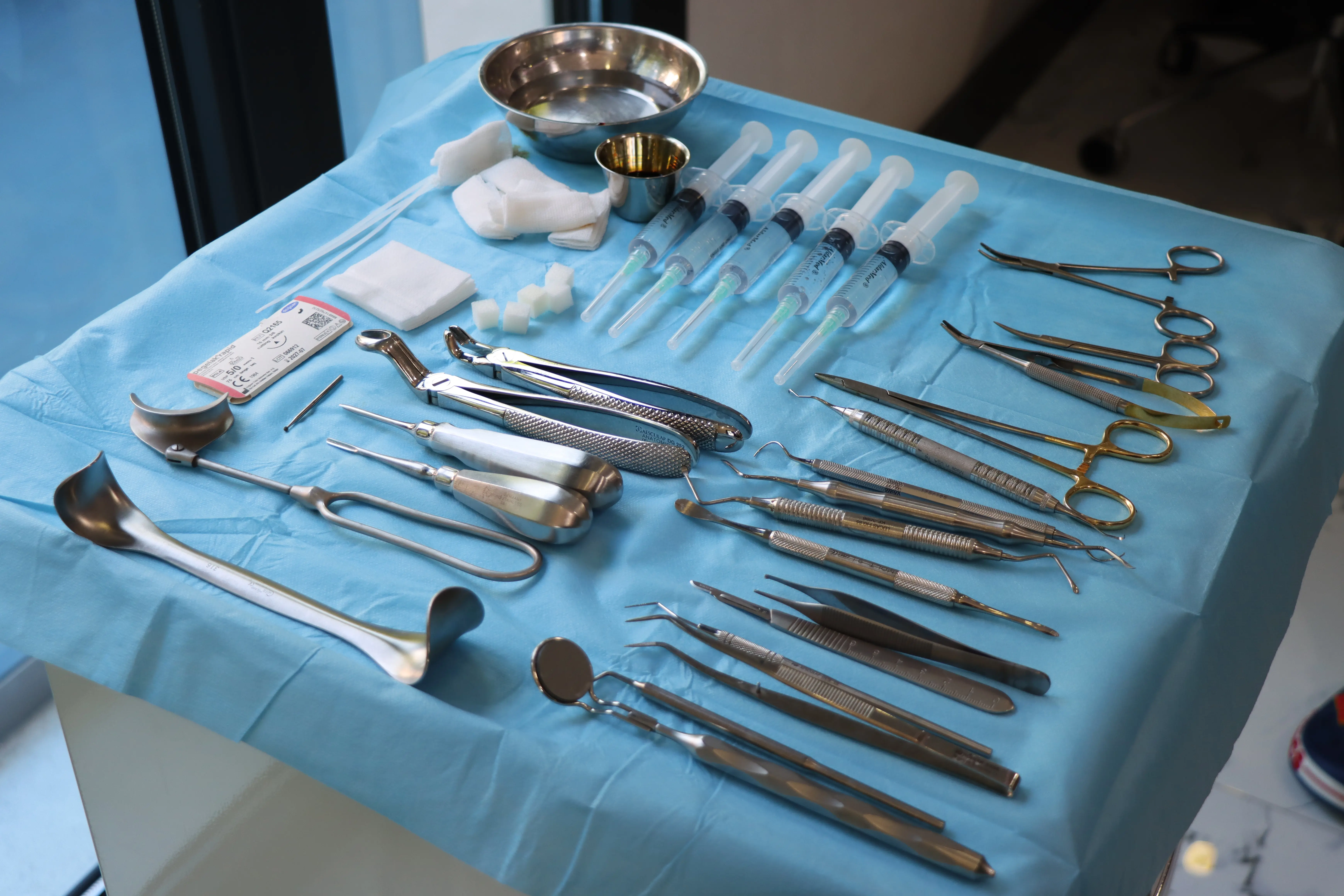Oral Surgery
Oral surgery specializes in treating many diseases, injuries, and defects in the head, neck, face, jaws, and the hard and soft tissues of the oral and maxillofacial region. It is an internationally recognized surgical specialty.
Common Procedures
Oral surgery includes a range of procedures such as tooth extractions, implant placement, corrective jaw surgery, and complex tooth extractions. It also covers procedures to treat traumatic injuries and congenital facial deformities.
Benefits of Oral Surgery
- Improves oral health and functionality.
- Alleviates pain and discomfort from dental diseases and misaligned jaws.
- Enhances facial aesthetics after accidents or surgeries.
- Supports the long-term success of dental implants and other prosthetic devices.
Frequently Asked Questions
- What anesthesia is used during oral surgery?
- Depending on the complexity of the procedure and the patient's comfort level, local anesthesia, sedation, or general anesthesia may be used.
- How to prepare for oral surgery?
- Preparation may include fasting, arranging for transportation, and following specific preoperative instructions from your surgeon to ensure the best outcomes.


